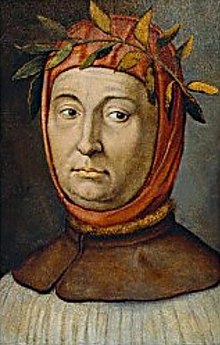Small plant – $200 pesos
FAMILY :: LAURACEAE
BAY LAUREL, NOBLE BAY, SWEET-BAY: The source of imported bay leaf seasoning. During the Middle Ages, the leaves of this plant were used to resist witchcraft and to keep away evil and fleas. In ancient Greece it was sacred to the god Apollo and the leaves and seeds were burned as an incense to aid clairvoyancy and divination.

In Roman culture the laurel was held as a symbol of victory. It was also associated with immortality, with ritual purification, prosperity and health. It is also the source of the words baccalaureate and poet laureate.
In herbal medicine, extracts of bay laurel have been used as an astringent and salve for open wounds. It is also used in massage therapy and aromatherapy. The Roman naturalist Pliny the Elder listed a variety of conditions which laurel oil was supposed to treat: paralysis, spasms, sciatica, bruises, headaches, catarrhs, ear infections, and rheumatism.
May be grown outdoors (as a tree to 30′) in most of the mild temperate and sub-tropical regions. In the northern latitudes, grow in a tub as a shrub. Easy to grow in most soils but it is a very slow growing tree. Give sun or part shade and moderately rich, damp soil. Grows fine in Vallarta.
Not to be confused with the dried “bay leaf” (Umbellularia californica) sold in most grocery stores. The flavor of the Bay Laurel is much finer and the leaves are rare in commerce. Bay Laurel is the spice typically used in Mediterranean cuisines.